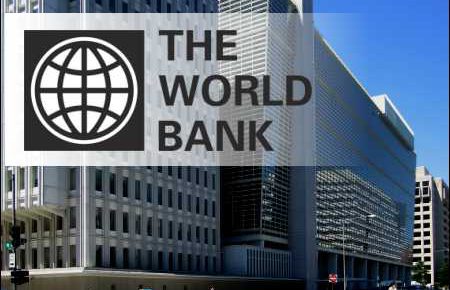The Central Bank of Nigeria CBN) has reported that Nigeria’s total money supply (M2) increased to N66.4 trillion in September 2023.
The money supply, also known as M2, represents the total amount of money available in the economy at a particular moment, including physical currency such as coins and banknotes as well as deposits maintained by individuals, enterprises, and institutions in banks and other financial entities.
The data from the apex bank on money supply in the economy in the month other review comprising demand deposits, quasi-money, and currency outside banks, reflected increases in the components.
Specifically, quasi-money, which pertains to financial tools that can be easily converted to cash, rose from N40.8 trillion in the preceding month to N41 trillion; demand deposits, primarily made up of funds in banks accessible without prior notice, moved from N21.7 trillion to N23 trillion while currency outside banks’ vaults marginally increased from N2.29 trillion to N2.3 trillion.
However, the nation’s Net Foreign Assets dipped in September from N7.1 trillion to just N591 billion while Net Domestic Assets rose to N66.5 trillion from N58.3 trillion.
A further analysis of the M2 trend during the month under review showed that the net domestic credit rose from N87.2 trillion to N92.7 trillion, thereby raising the net domestic credit to GDP is around 42.7%.
The breakdown of the net domestic credit indicated that credit to the government marginally increased to N34.1 trillion from N32.5 trillion while credit to the organized private sector surged from N54.7 trillion in the preceding month to N58.6 trillion, representing 63% of net domestic credit.
Over the past few years, Nigeria’s money supply has been increasing based on the micro and macroeconomic whirlwinds of the economy, particularly the surging inflation rate, foreign exchange (FX) pressure on the Naira, and declining interest rates.



